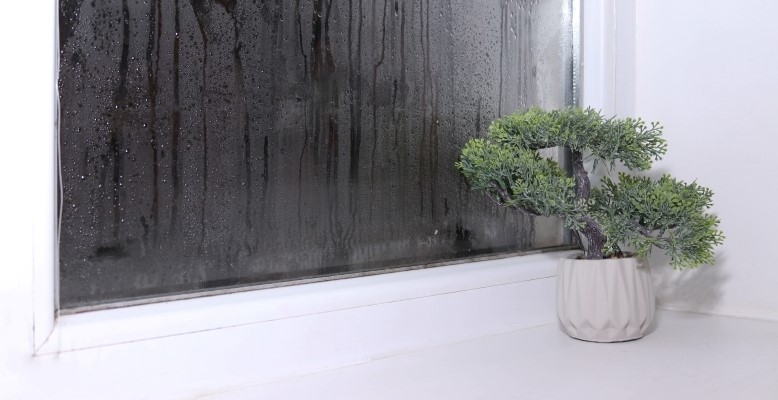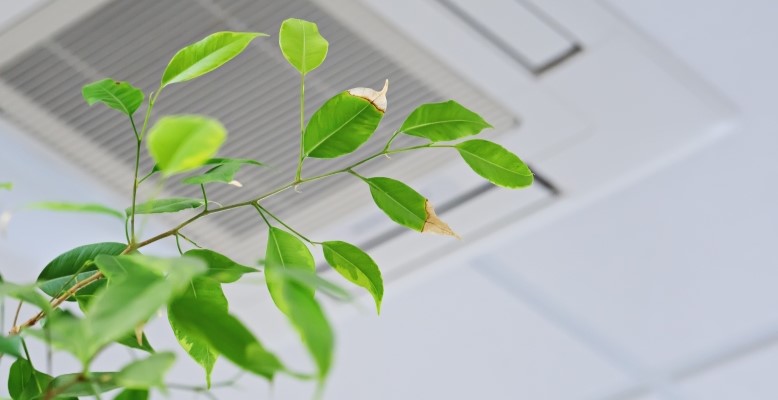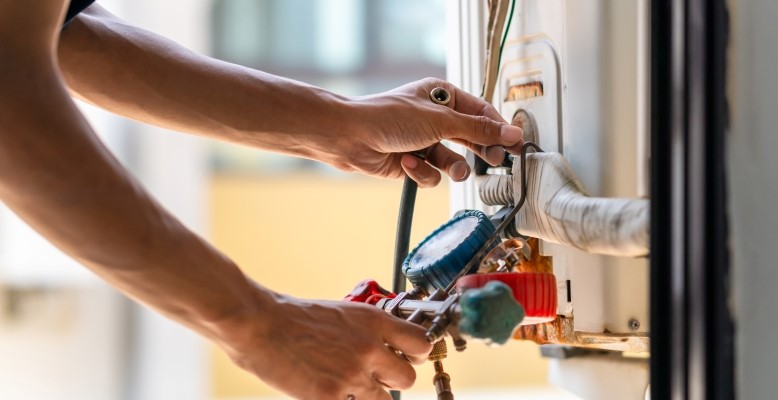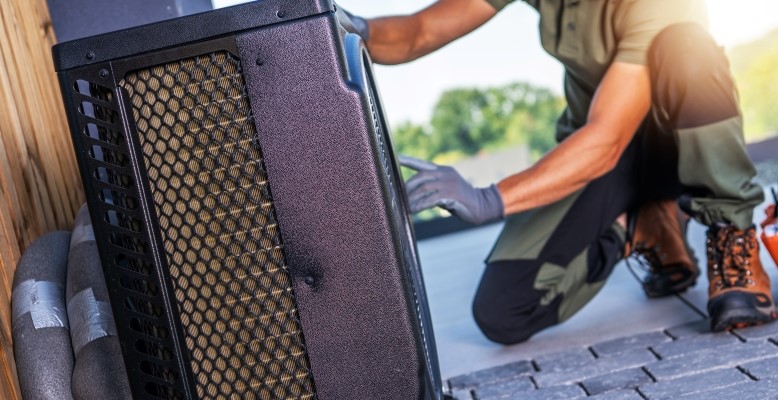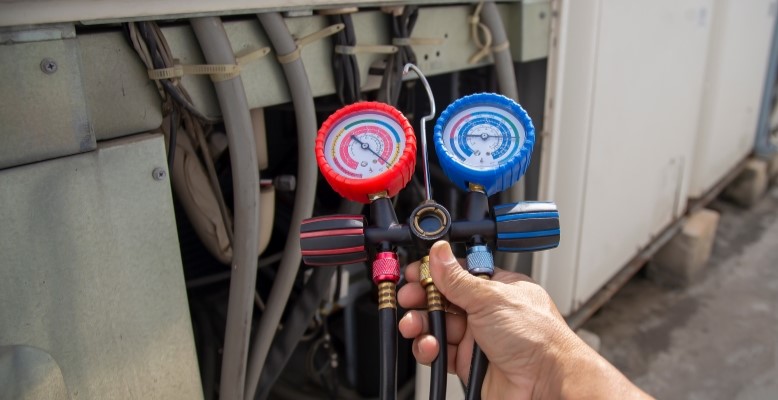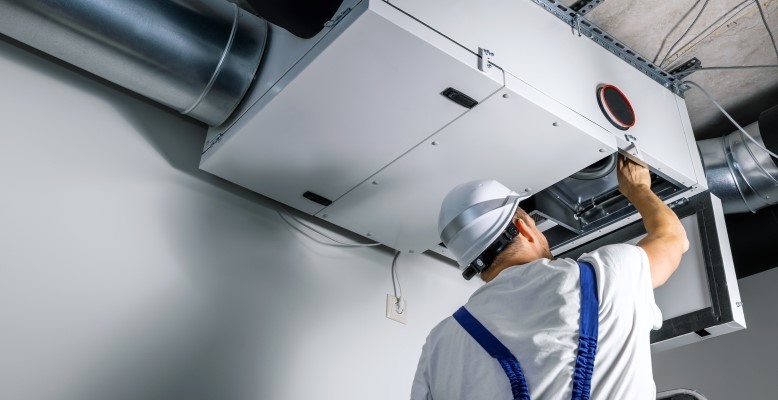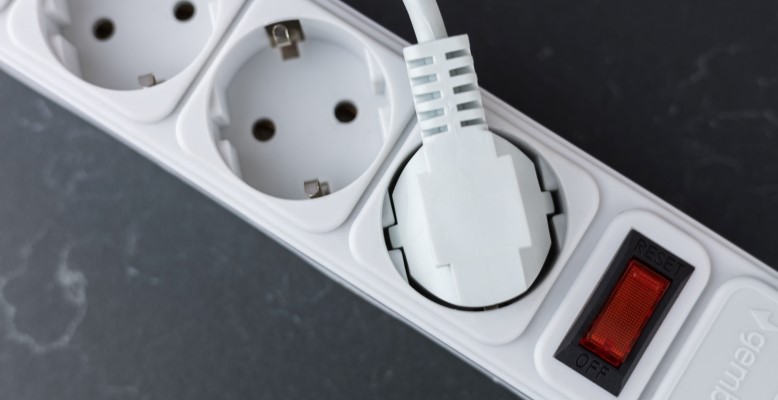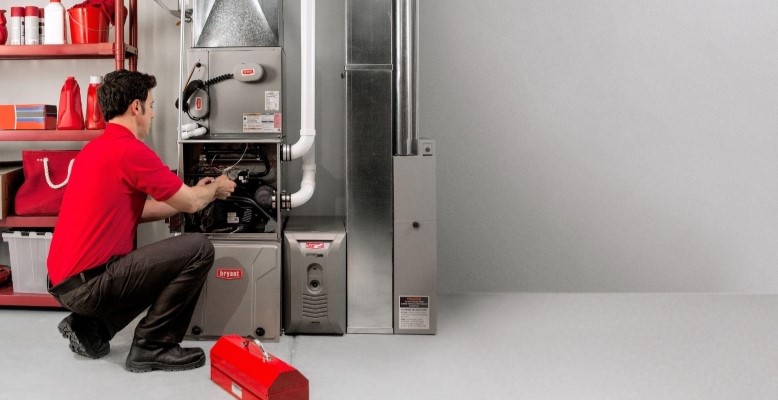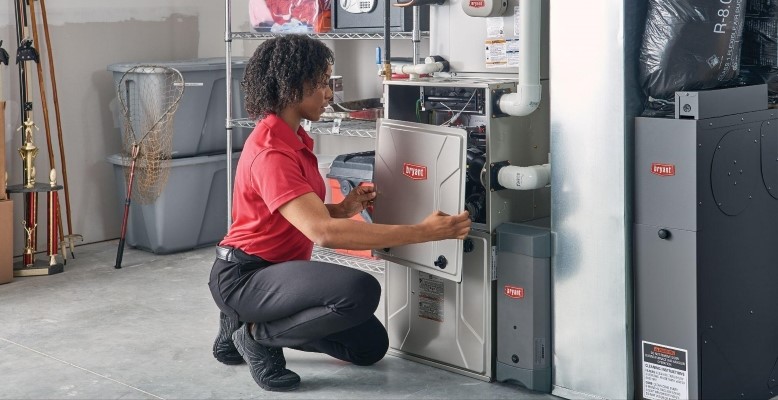Published on June 8, 2025 by: alhhvac
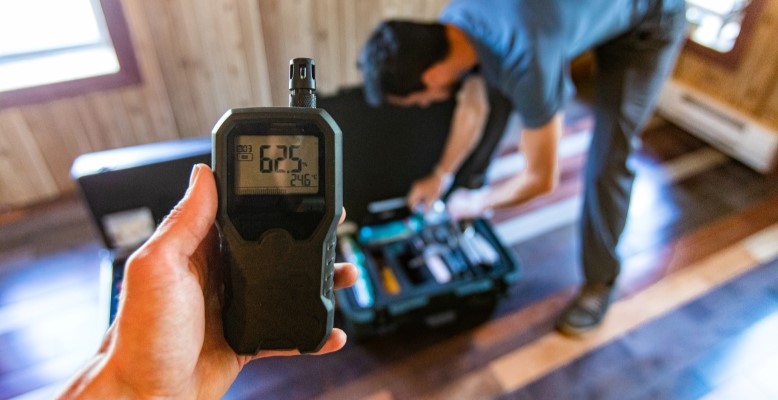
Learn Why Indoor Air Quality Should Matter to Every Atlanta Homeowner
Homeowners often focus on optimizing heating and cooling performance, but indoor air quality (IAQ) is just as important. After all, HVAC systems don’t just regulate your Atlanta home’s temperature — they can also circulate airborne diseases and excess humidity throughout your home. Worst of all, poor IAQ can cause health problems, foul odors, and costly energy bills.
In this article, the HVAC experts at ALH explain why indoor air quality should be a priority for any HVAC system owner. We’ll start by defining indoor air quality more precisely, outline a few reasons why IAQ matters, and explain how we ensure indoor air quality throughout our installation and repair service process.
What Is Indoor Air Quality (IAQ)?
Indoor air quality (IAQ) refers to the condition of your home’s air supply. More specifically, it describes how clean, healthy, and breathable the air is. Dust, pet dander, mold, and even airborne chemicals from cleaning products or building materials often impact IAQ. Indoor air quality and HVAC performance go hand in hand, as your HVAC system plays a key role in maintaining a healthier, more livable home environment.
Why Indoor Air Quality Matters
Indoor Air Quality is essential to the comfort and long-term wellbeing of residents of your home. Here are a few common benefits you can experience after upgrading your home with the right indoor air quality HVAC system.
Improved Long-Term Health
Unhealthy air can lead to a range of health problems, especially for people with allergies, asthma, or other respiratory conditions. If you don’t manage your HVAC indoor air quality, airborne contaminants like dust, mold spores, and pollen can circulate throughout your home. We recommend installing a modern HVAC IAQ system to improve your health, as you’ll experience fewer allergies and chronic respiratory problems.
Enhanced Interior Comfort
While health matters, indoor air quality isn’t just about health. IAQ also affects how you feel in your home on a daily basis. Oftentimes, homeowners with faulty systems struggle with high humidity levels, stale air, or foul odors. Each of these problems suggests that your indoor air quality and HVAC systems need a closer look. By improving your system’s filtration and ventilation, you can enjoy a fresher, more comfortable indoor environment all year long.
Reduced Costs
Poor indoor air quality can even increase your energy bills. Since dirty air forces your system to work harder, it leads to increased energy usage and higher utility bills. Installing a new IAQ HVAC system or repairing your existing unit can improve efficiency and lower costs.
How ALH Protects Indoor Air Quality
At ALH, we know that HVAC and indoor air quality are deeply connected. Whether we’re installing a brand-new system or upgrading an older unit, our team follows proven practices to ensure every home we service has clean, healthy, and comfortable air. Here’s how we help Metro Atlanta homeowners improve IAQ through expert HVAC work:
- Following Codes and Standards: Our team adheres to all current HVAC indoor air quality codes and best practices to ensure your system supports clean airflow from the start. We focus on duct integrity, proper airflow balance, and professional sealing techniques to minimize the circulation of pollutants, allergens, and moisture. This helps create a cleaner, healthier home environment that aligns with our commitment to top-tier indoor air quality service.
- Deploying High-Quality Equipment: Proper equipment and expert installation are essential for long-lasting air quality. At ALH, we strategically place air returns and supply vents to optimize ventilation and reduce stagnant air or humidity pockets. We also offer a range of air purification and filtration solutions tailored to your home’s specific needs—whether that’s removing airborne particles, minimizing dust buildup, or preventing mold growth.
- Strategic Equipment Placement: We install high-efficiency HVAC systems—like sealed combustion furnaces and multi-stage air handlers—that are specifically designed to support good IAQ. These systems are not only energy-efficient but also effective at reducing airborne contaminants. With quieter, smarter, and cleaner operation, they help deliver consistently fresh indoor air throughout your home.
- Optimized Moisture Control: Humidity control is critical to preventing mold, mildew, and musty odors. Our installations often include variable-speed motors and smart thermostats that manage indoor moisture levels with precision. When paired with our indoor air quality solutions—like dehumidifiers or humidity-balancing systems—we help maintain the ideal humidity range to support a healthier living space.
- Comprehensive Air Quality Testing: We offer professional IAQ testing services to identify pollutants such as carbon monoxide, volatile organic compounds (VOCs), and particulate matter. Our advanced diagnostic tools help pinpoint hidden issues like poor ventilation, gas leaks, or high humidity—allowing us to recommend targeted solutions that improve your home’s overall air quality and comfort.
Keep Your Home’s Air Clean and Comfortable With ALH
Indoor air quality issues don’t fix themselves, and poor air can lead to long-term health concerns and higher energy bills. At ALH, we help Atlanta homeowners breathe easier with expert HVAC installation, maintenance, and IAQ solutions. No matter if you’re building a new home or upgrading an outdated system, our team prioritizes indoor air quality every step of the way. From advanced air filtration and purification systems to precision humidity control and energy-efficient HVAC installs, we’ve got you covered.
Contact us today to schedule a consultation or get a free quote!

